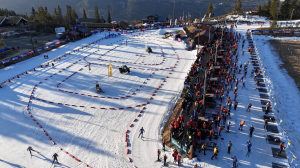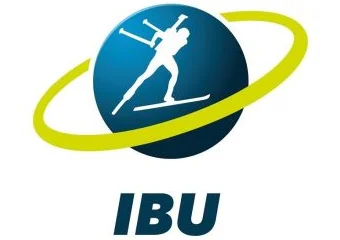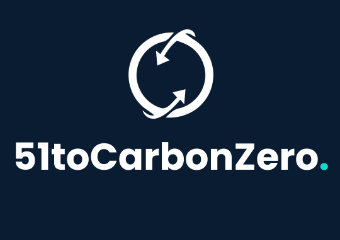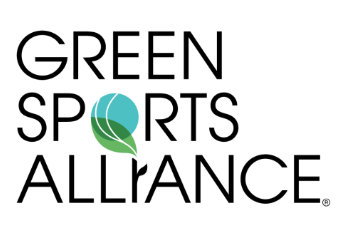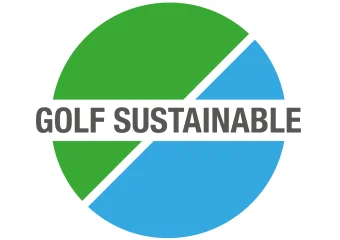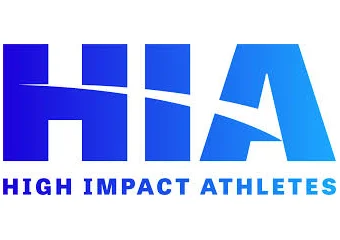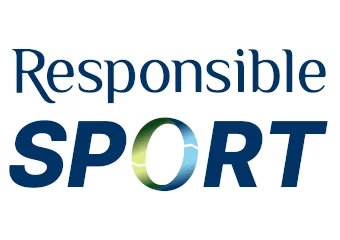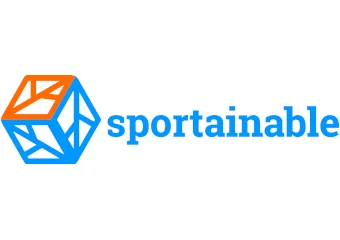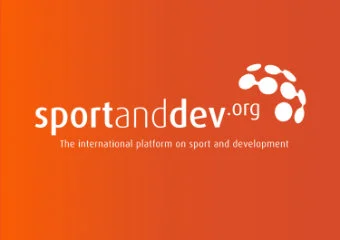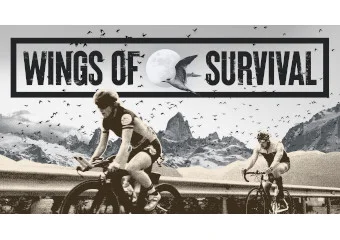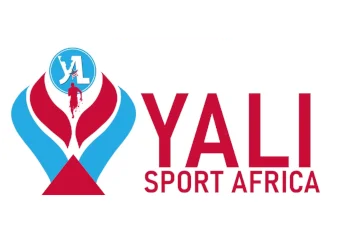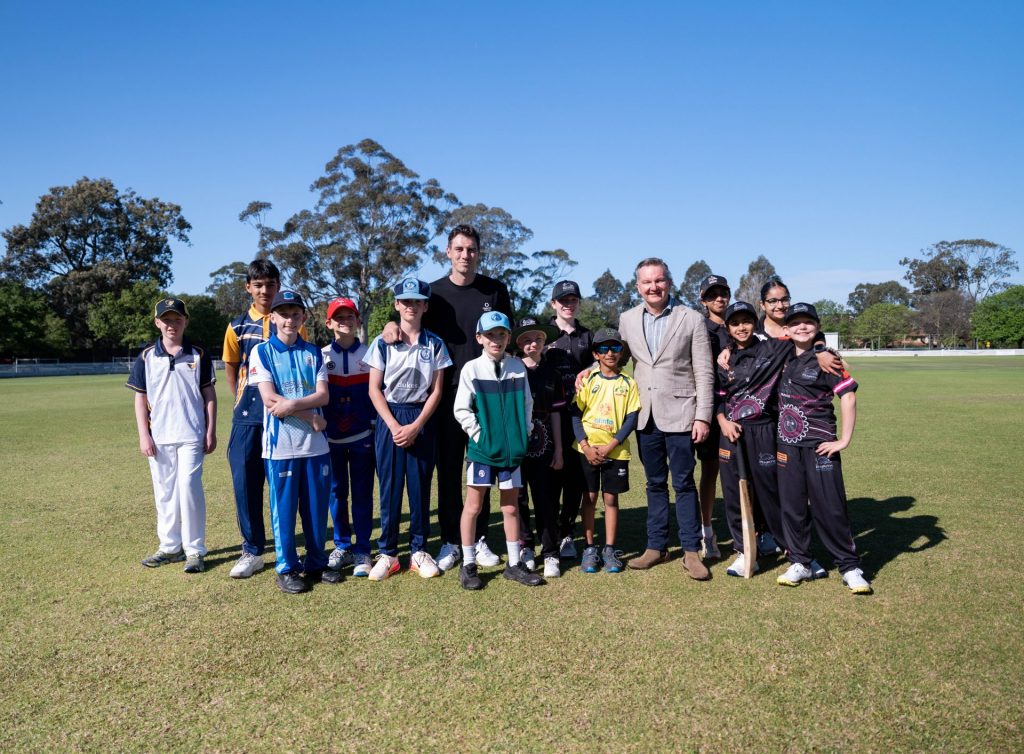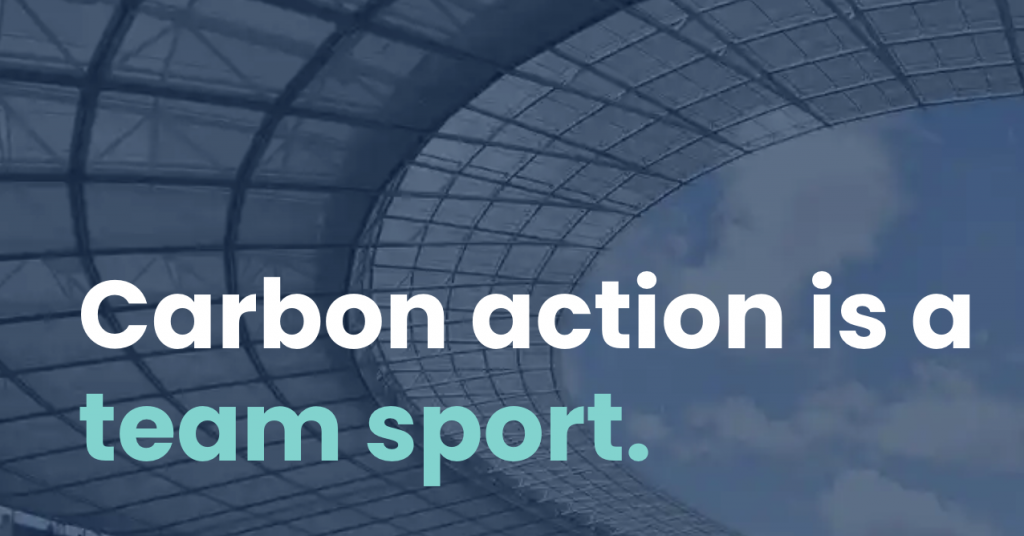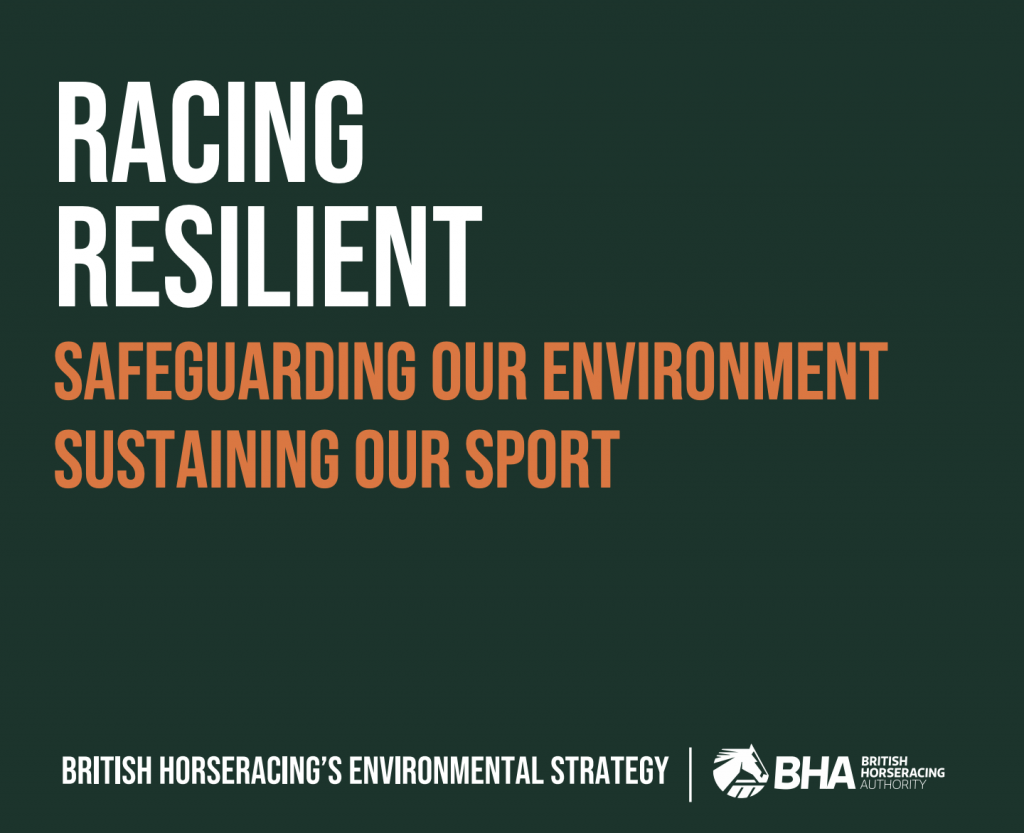To access our unique news archive of over 1,400 articles with insights on over 500+ sustainable sports organisations, join the GSS Network today.
Login here if you are a registered network subscriber.
News article
Racing Towards Clean Air: Why Sport Needs to Clear Its Lungs
In the world of sport, metrics are meticulously tracked. Heart rates, split times, power output, and nutritional intake, are all monitored and measured in the pursuit of peak performance. Yet, one of the most often overlooked metrics is the critical element affecting every athlete: the very air they breathe. In a recent Global Sustainable Sport (GSS) workshop, experts from across the athletic and scientific communities gathered to discuss this unseen opponent and explore the question: "Racing towards clean air. How high can sports aim?".
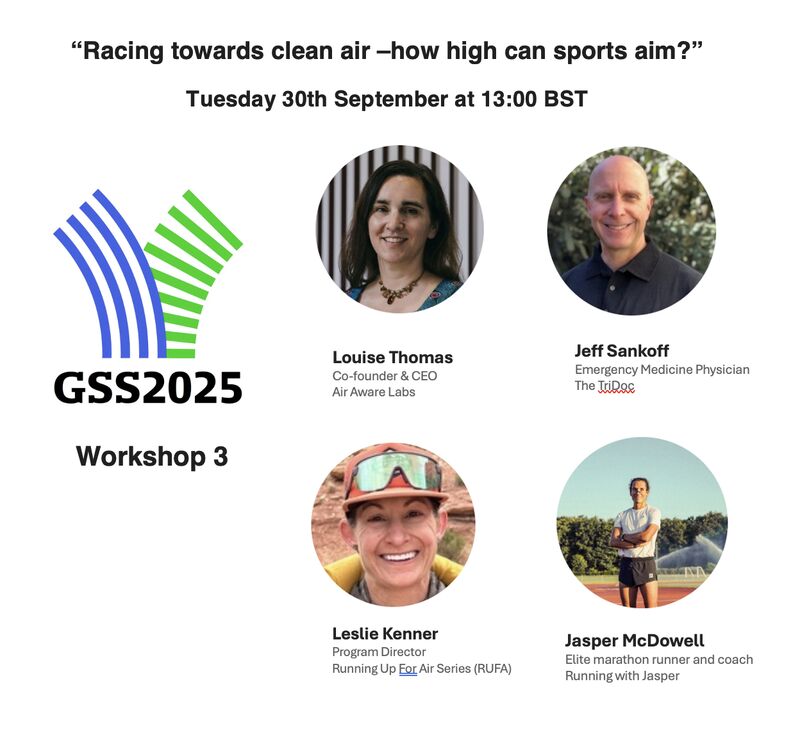
The Invisible Margin
For elite athletes, success is measured in fractions of a second. As Jasper McDowell, an elite marathon runner and coach, explained, air quality is a crucial factor in these fine margins. He noted that “poor air quality could take off 30 seconds off your marathon time, but those 30 seconds can be a huge difference, and can really be difference between qualifying or not to a certain event”.
“poor air quality could take off 30 seconds off your marathon time, but those 30 seconds can be a huge difference, and can really be difference between qualifying or not to a certain event".
This isn’t just an athlete’s intuition; it’s backed by science. Louise Thomas, Co-founder of Air Aware Labs, highlighted stark data on the subject. “Even a moderate…increase in particulate matter on the day of a race can slow a marathon runner by 25 to 32 seconds,” she stated, adding that footballer performance can decrease by as much as 16% in heavily polluted areas. The impact isn’t confined to race day. Training in polluted air compromises recovery, reduces stamina, and has long-term health consequences, affecting everything from respiratory to cardiovascular and even brain health.
"Even a moderate...increase in particulate matter on the day of a race can slow a marathon runner by 25 to 32 seconds,"
A Doctor’s Dilemma and an Organiser’s Responsibility
Dr. Jeff Sankoff, an emergency physician and passionate triathlete based in Denver, lives with this reality daily. He described living in an “inversion,” where cold mountain air traps warm, polluted city air in the valley. This creates a challenging environment for the thousands of athletes training outdoors. Dr. Sankoff has witnessed firsthand the dangerous intersection of sport and pollution, recounting a race where a sudden wind shift brought in thick wildfire smoke. “It was something like apocalyptic,” he recalled, noting that while many athletes with respiratory issues had to drop out, the race continued.
This highlights a critical dilemma: the athlete’s mindset. “I knew it was a bad idea to race,” Dr. Sankoff admitted, speaking of another event cancelled due to poor air quality. “Unless somebody told me not to do it, I was going to do it… because that’s my mindset as an athlete”. This places a significant burden of responsibility on event organisers to prioritise athlete safety over logistics. While some, like Ironman, have been praised for making the tough call to cancel races in dangerous conditions, the industry as a whole needs to be more proactive.
"I knew it was a bad idea to race. Unless somebody told me not to do it, I was going to do it... because that's my mindset as an athlete"
From Awareness to Action
Empowering athletes and fans begins with education. Leslie Keener is the Program Director for the ‘Running Up For Air’ (RUFA) race series, an event designed specifically to raise awareness. The race format often involves summiting a mountain, where runners can physically ascend above the visible layer of winter pollution. “That visual representation, as well as the numbers, is meant to remind people that this is what…we’re running for,” Keener explained. Through a partnership with Patagonia, RUFA’s message went global, with over 260,000 people participating in a virtual event on Strava.
"That visual representation, as well as the numbers, is meant to remind people that this is what...we're running for,"
This educational mission is now being supercharged by technology. Air Aware Labs has developed an app, AirTrack, which provides athletes with high-resolution air pollution data to help them find cleaner training routes and optimal times to exercise. Louise Thomas emphasised “the goal isn’t to discourage activity but to empower smarter decisions. We want people to be able to exercise confidently,” she said. For Dr. Sankoff, this technology offers a sense of control. An athlete can’t change the weather, but they can “alter your route slightly to take into account the air quality”.
"the goal isn't to discourage activity but to empower smarter decisions. We want people to be able to exercise confidently,"
A Collective Finish Line
Ultimately, tackling air pollution in sport requires a collective effort. Athletes like Jasper are calling for more awareness from major events in Europe, where air quality is often overlooked in favour of concerns like heat. Organisers need to integrate air quality monitoring into their planning, just as they would for hurricanes or heatwaves Leslie Keener also pointed out that events must examine their own contributions, from the use of diesel generators to fireworks at the start line.
“the aim is to make air quality as normal a consideration as nutrition or training plans.”
The conversation is shifting. The goal is no longer just to finish the race, but to ensure the race can be run safely for years to come. As Louise Thomas concluded, “the aim is to make air quality as normal a consideration as nutrition or training plans.” By combining education, technology, and a shared sense of responsibility, the world of sport can and must aim higher in the race for clean air.
Read moreGSS 2025
Join the GSS Alliance Partners programme today
Stay ahead of the game with our FREE weekly newsletter, delivering the latest sport and sustainability news from around the globe straight to your inbox
Join the GSS Network programme today
Register for GSS Workshops today
Join the GSS Education programme today




